Until I officially reached menopause, I didn’t really talk about it. To be honest, I didn’t talk about much related to my age and stage of life (read my I’m 50+ and Loving It! article for more context). It’s not that I didn’t have anything to say, or questions to ask, or worries of my own. It was more that talking about it would mean that it was real. That it was an inevitable stage of life. And that I couldn’t stop time.
Once I got over my discomfort with getting older, changed my mindset on all things age and aging, and was officially in menopause myself, I decided to be more open and proactive in initiating conversations with friends of all ages. When I made this conscious decision, I didn’t realize just how beneficial this would be for me AND my friends.
The more willing I became, the more I started to notice some patterns in my menopause conversations with friends. Sometimes I would bring up the topic, sometimes they would. Sometimes, it was a quick conversation, other times, we went deep. Regardless of how long the conversation was or how detailed we got, I found that the more menopause became a normal subject of conversation, the more engaged I became in my own journey.
So, as is my way, I decided to classify these various conversations into 4 categories, based on my friends’ personalities. And I thought about how each type of friendship was beneficial. This is what I came up with… NOTE: none of my friends’ real names are used below:

Open Olivia
The “Olivias” in my life are those friends who will share without hesitation. Sometimes to a fault — I am mostly kidding. These are people with whom I will start a conversation about menopause, and they will jump right in, talk about their experience, their symptoms, and their highs and lows.
From these types of friends, I get a great deal of validation that going through menopause is not a simple feat. That it is in fact a life-changing event, that changes your body both physically and emotionally.
Private Paige
With these types of friends, I often feel that when I bring up menopause in conversation, I’m giving more to them than they are to me. I may start a conversation by saying, “So, have you gone through menopause yet?” and they may respond by saying, “I thought so but then I got my period after 10 months.”
When I probe further, they don’t share much. If it feels right, I may continue the conversation and share my journey, talk about my symptoms and some of the challenges I’ve faced. Often, after I share some more details, they begin to share more as well. I never push them, but always leave the door open in case they change their mind.
Curious Carrie
I love the “Carries” in my life. I am a very curious person, often asking my friends a lot of questions about various topics. As a result, I always feel very comfortable when people ask me questions as well. From these friends, I not only feel heard, but I also feel a deeper connection since there’s a lot of sharing.

Some of my menopause conversations with these friends result in me learning something new about myself. This often happens because of all the questions we ask each other and how we help each other process each response about symptoms and ways to manage.
Too Young Tracy
Finally, my younger friends. These are the folks who are not close to natural menopause, who are still in their 30s and young 40s. Some of them have young children, all of them are still in their child-bearing years. They know about menopause, conceptually, but are far enough from it that it’s not top of mind.
When the topic comes up with these friends, I openly share my story and the fact that I’m working through my own symptoms. They are kind and supportive. I hope that my story and our conversations make them feel more comfortable as they continue along their own journey towards menopause.
“I’ve always said that different friends serve different roles in our lives. And it turns out, this is true for menopause as well.”
Having friends who are very willing to share can help to normalize our experiences and get more ideas of how to manage symptoms. The quieter, more private friends bring a sense of calm and often walk away with more information for themselves after a menopause conversation. The curious friends help to inquire deeper and often help me better understand my own challenges. And the friends that are too young, i.e. haven’t yet experienced menopause, provide a sense of comfort and interest that will hopefully serve them well one day.
May you too find the Olivias, Paiges, Carries, and Tracys in your life to help you along this menopause journey.


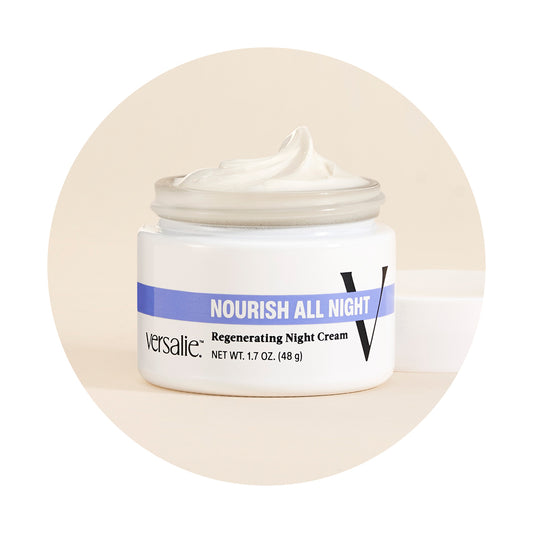
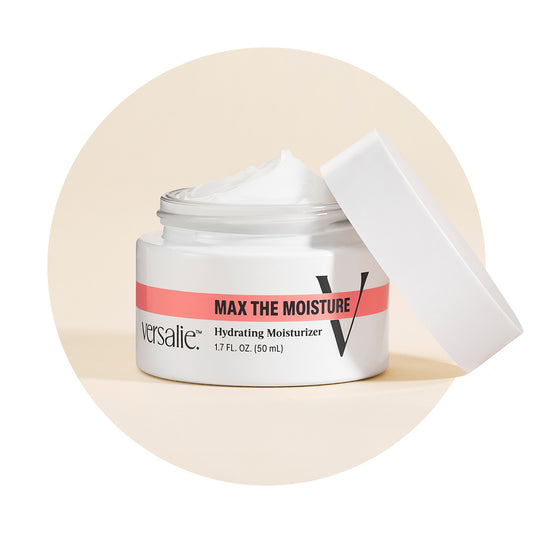
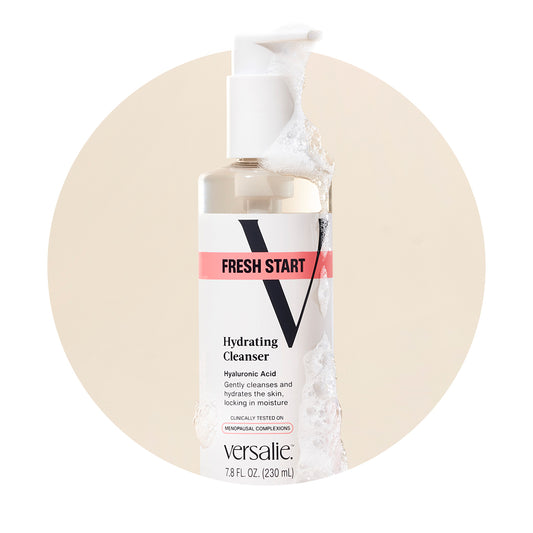
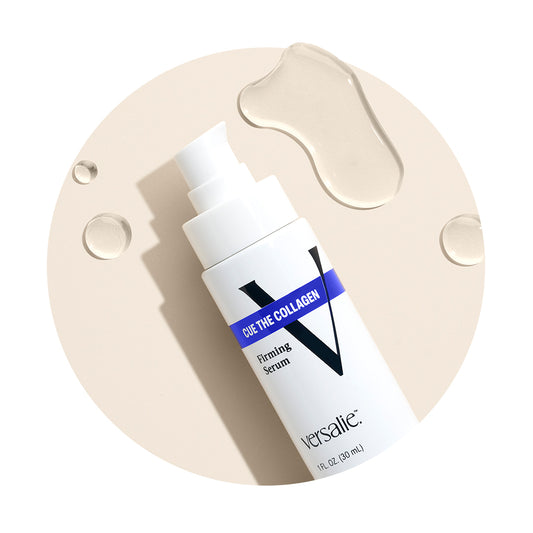
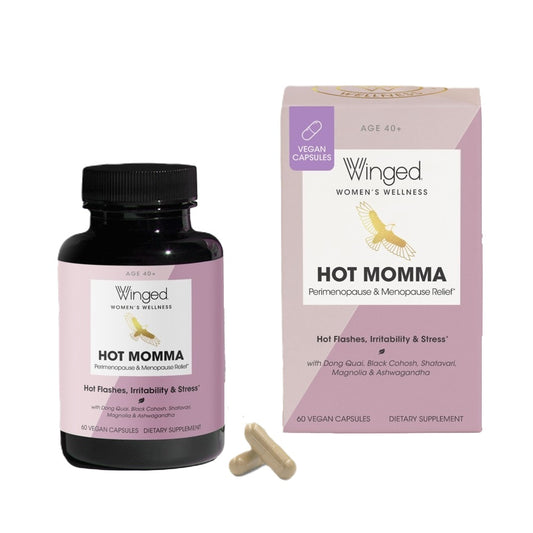


1 comment
I am in PeriMenopause and want to help women like myself.